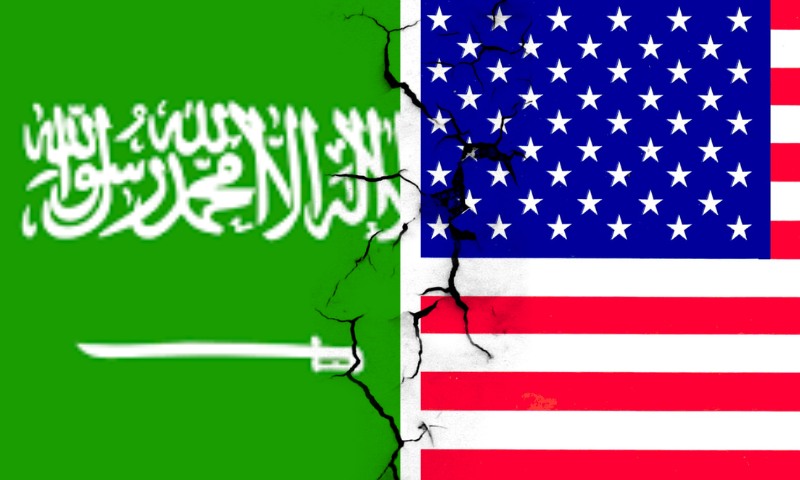Joseph Clark
Washington Times, Oct. 13, 2022
“These are very serious allegations, and if the Biden administration did, in fact, attempt to coordinate with a foreign government to influence the U.S. election, that’s something the American people deserve to know. [House Speaker Nancy] Pelosi and Congress have a responsibility to get to the bottom of these deeply troubling reports as soon as possible.”
A feud between the U.S. and Saudi Arabia escalated further Thursday in a tense back-and-forth over President Biden’s accusations that a Saudi-approved cut in global oil production was a gift to Russian President Vladimir Putin and a response from the oil-rich kingdom that it would not be bullied.
Analysts said the rare public animosity will not break deeper U.S.-Saudi security, economic and diplomatic ties, but the strains in the relationship were evident after officials in Riyadh bluntly rejected Mr. Biden’s criticisms and appeared to suggest not too subtly that the president’s primary concern was his short-term political interests and the price of a gallon of gas ahead of the Nov. 8 midterm elections.
The White House, lawmakers on Capitol Hill and private market analysts say the planned cuts announced last week by the Saudi-led OPEC + cartel of producers — equal to 2 million barrels per day — will effectively give Mr. Putin desperately needed revenue to finance his war in Ukraine. Lower production means higher prices for Russian gas exports and upward pressure on the politically sensitive prices that Americans pay for a gallon of gas.
OPEC’s decision flew in the face of Mr. Biden’s thinly veiled public pleas and private lobbying to Saudi Arabia to maintain production levels. Mr. Biden on Wednesday announced that his administration would reevaluate bilateral ties, and key Democrats on Capitol Hill said U.S. aid and arms sales to Riyadh could be curbed or cut off entirely. … SOURCE


